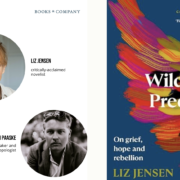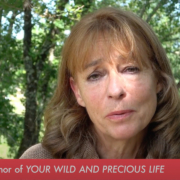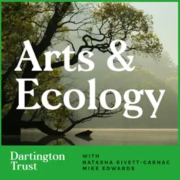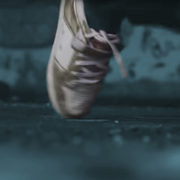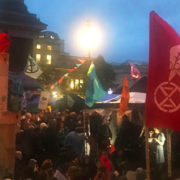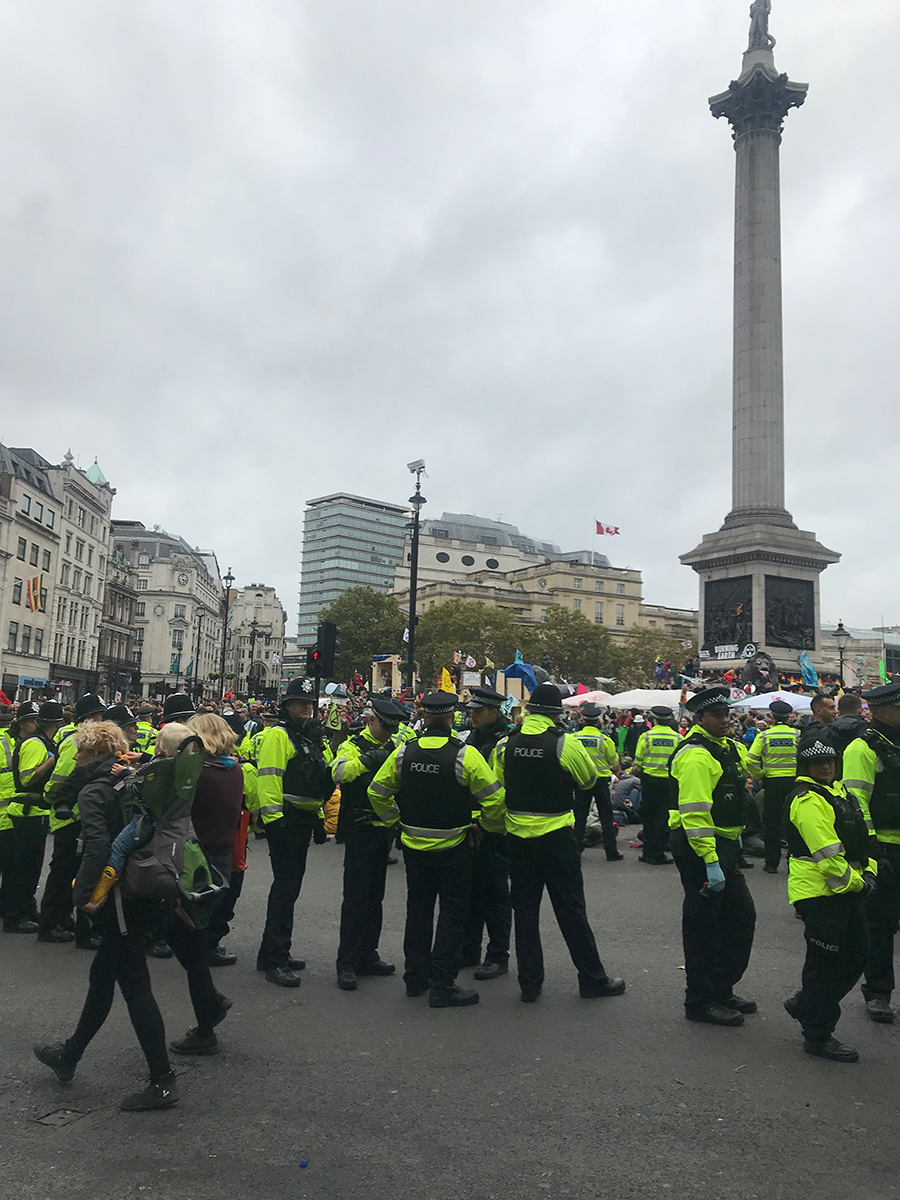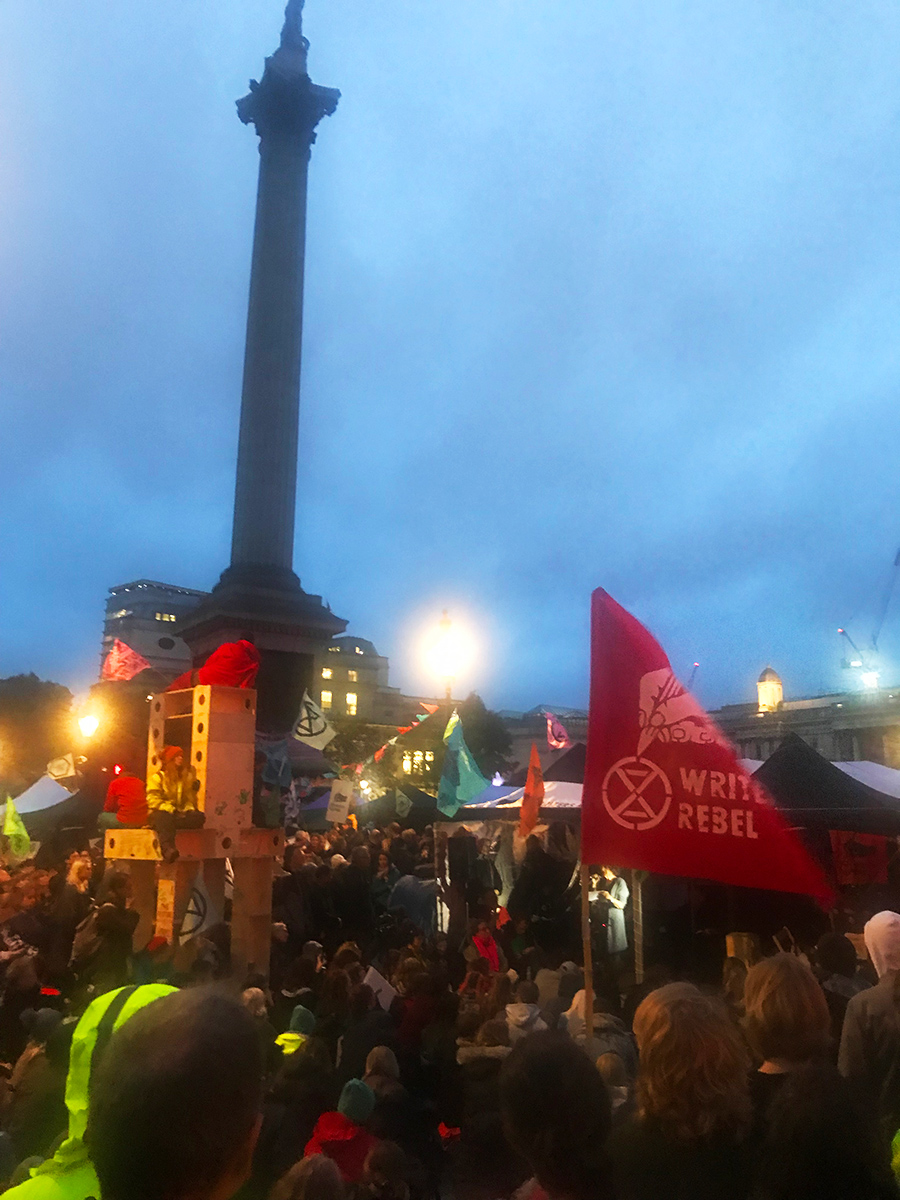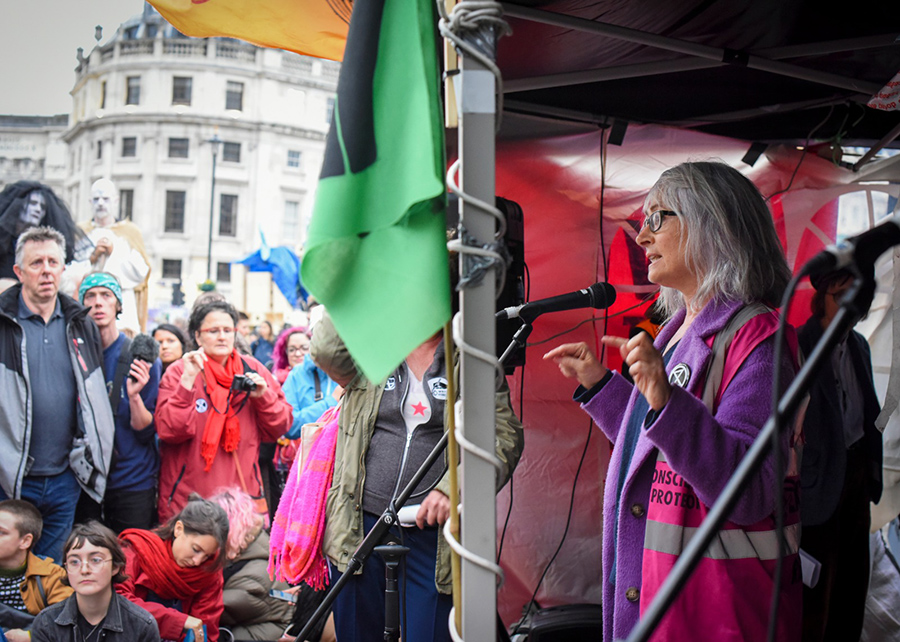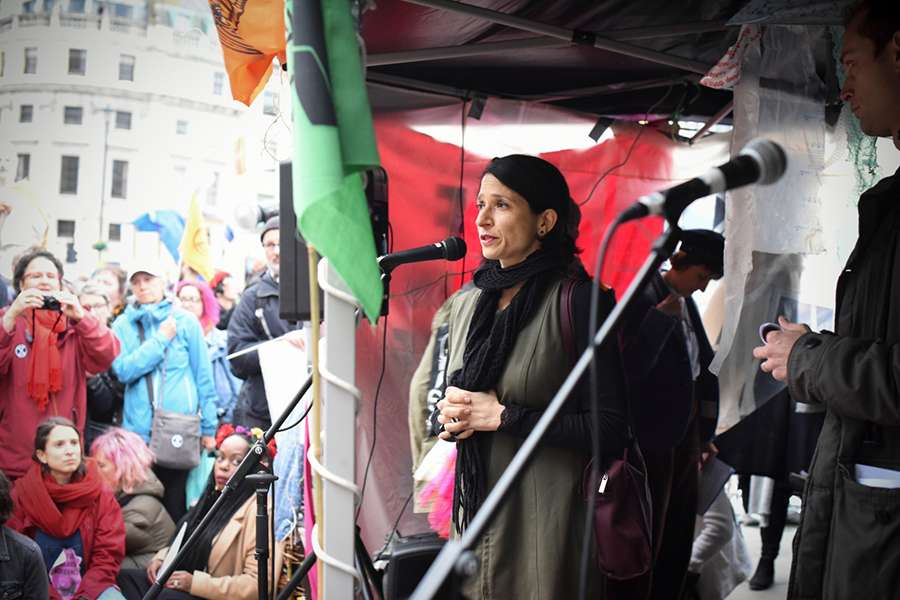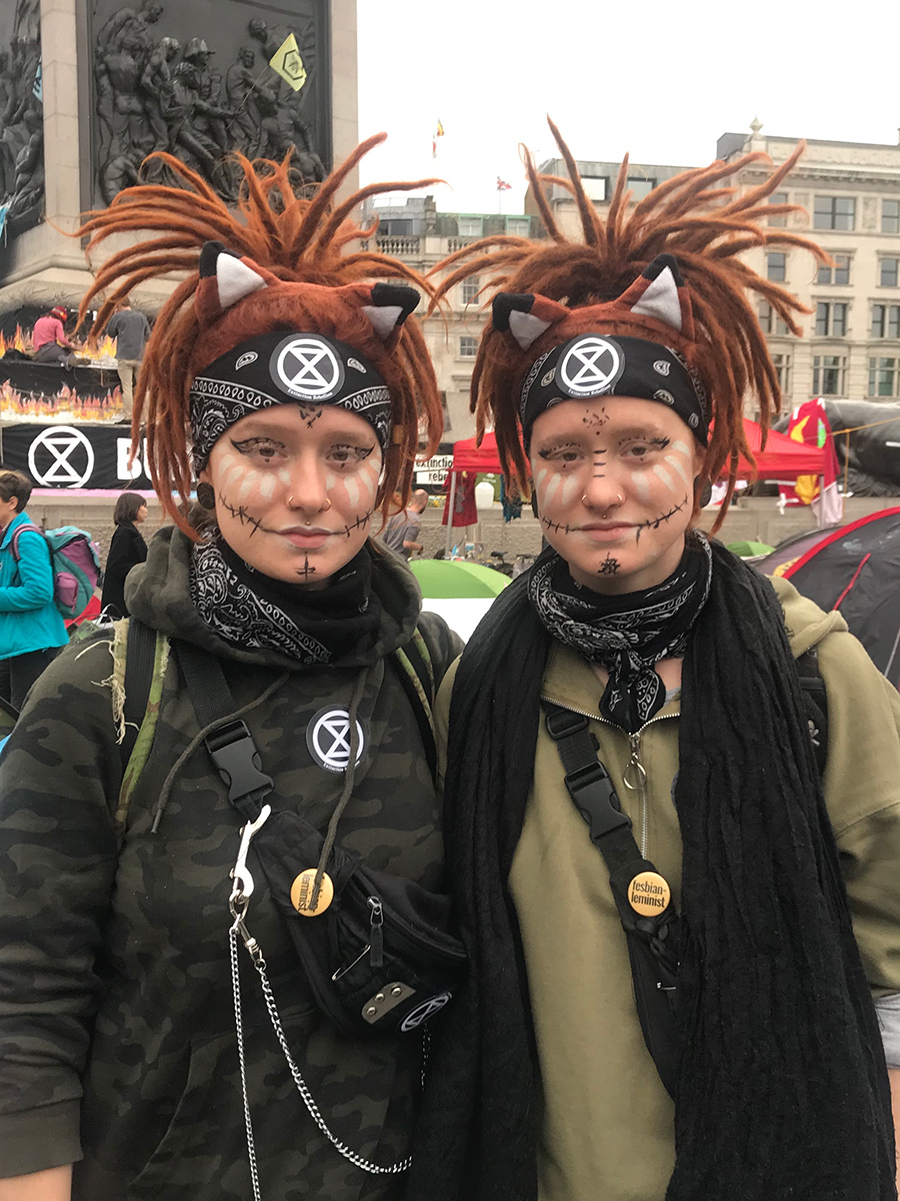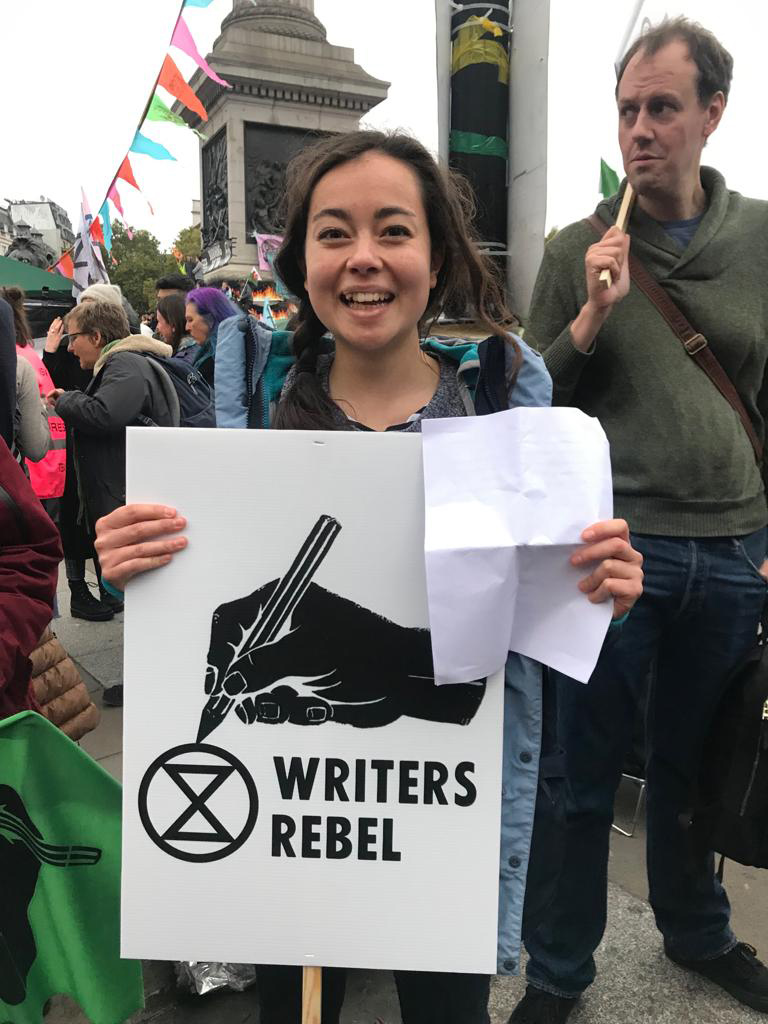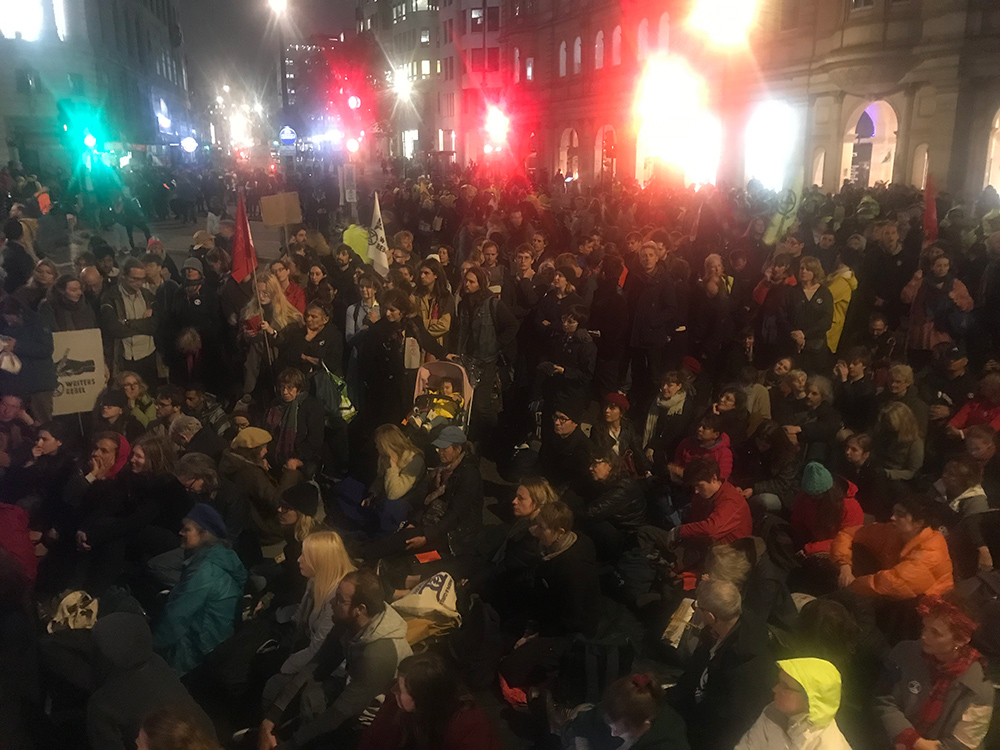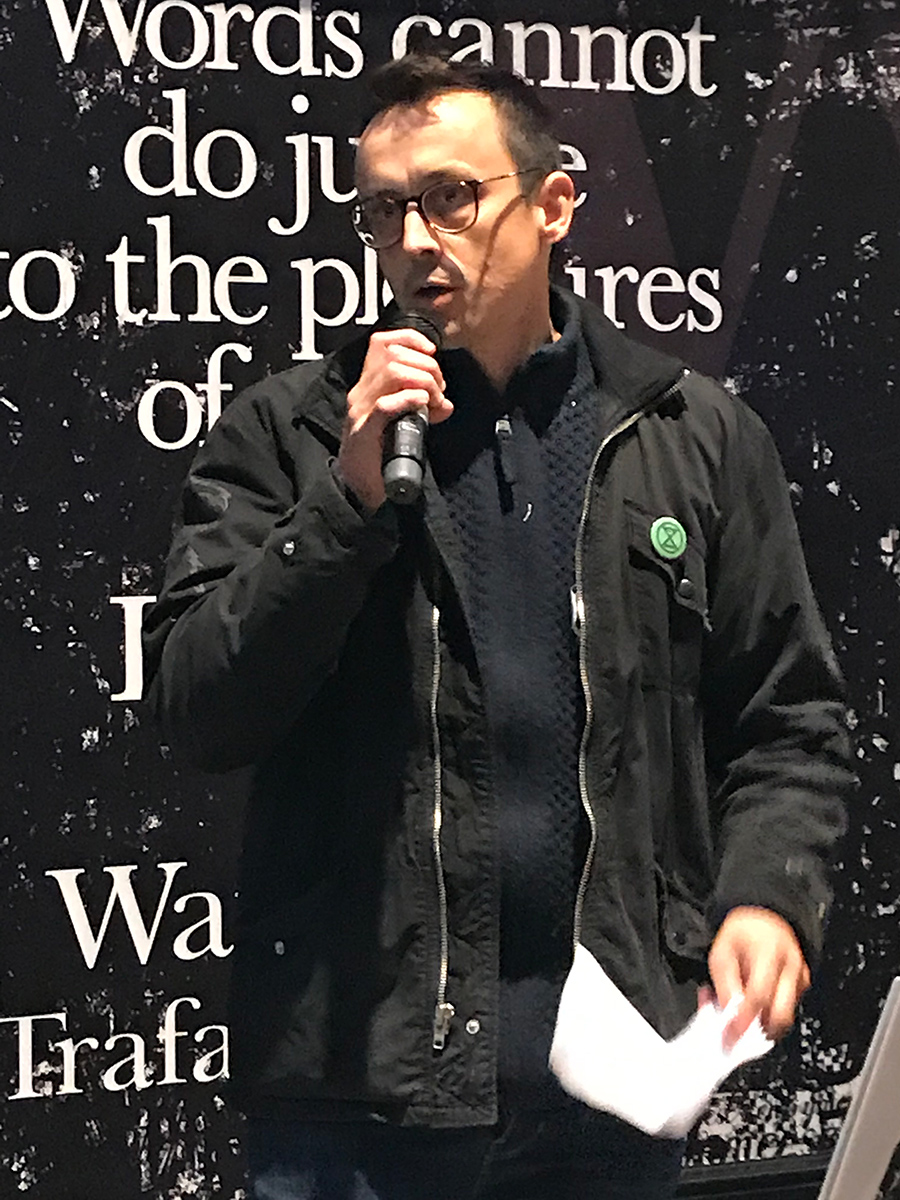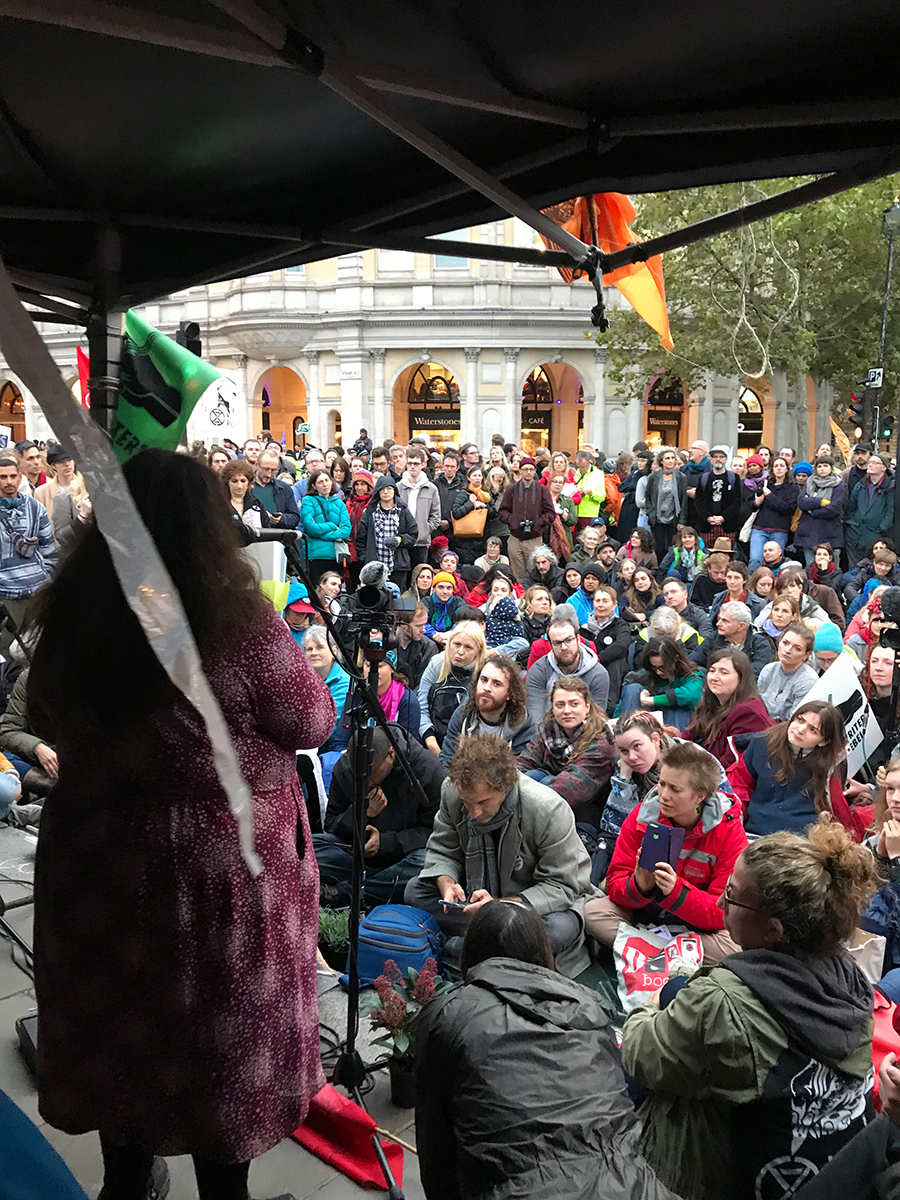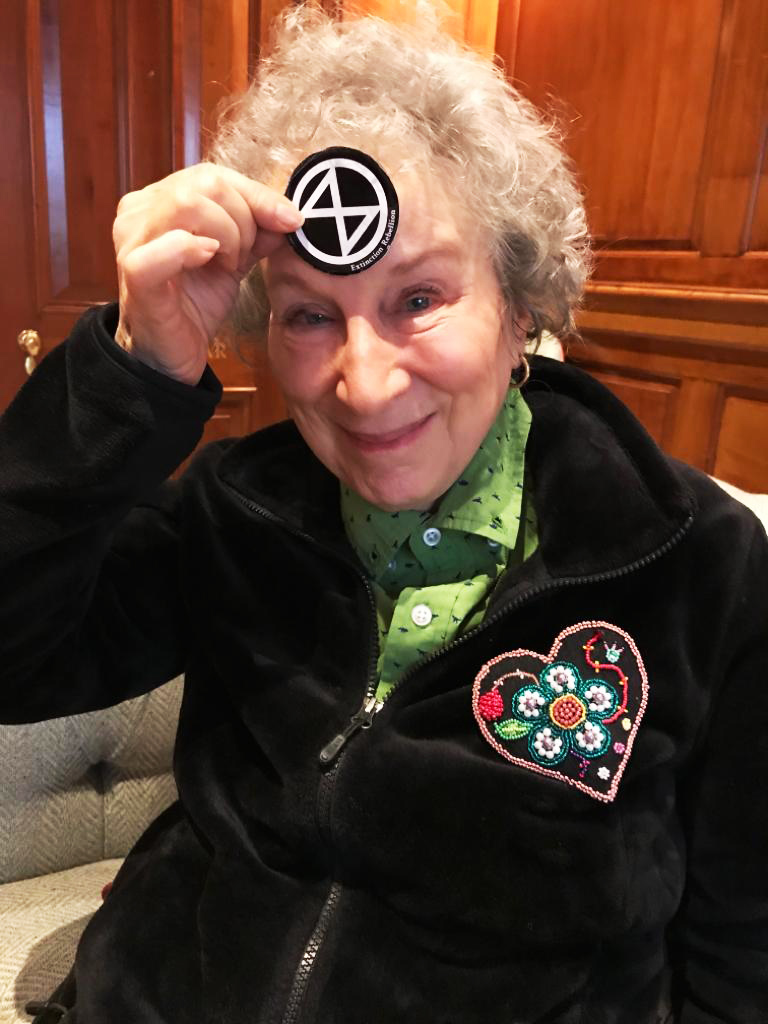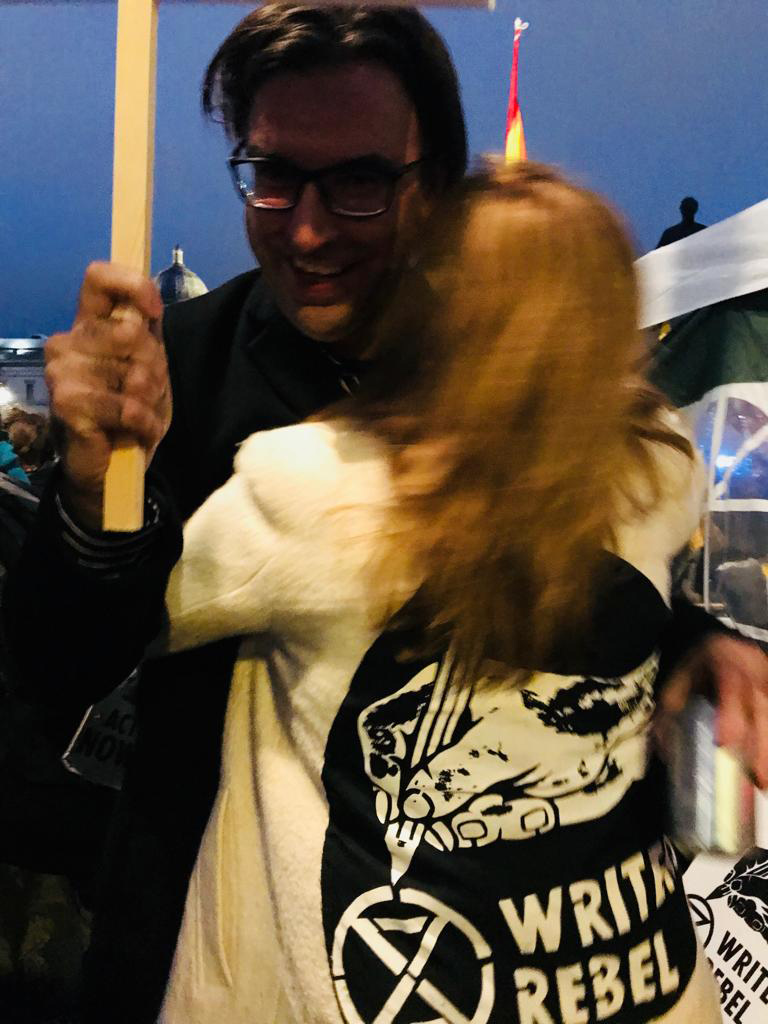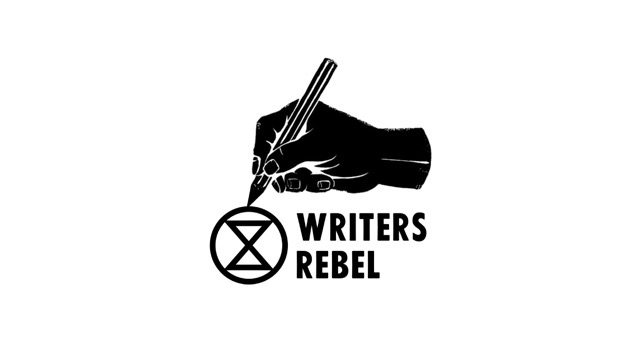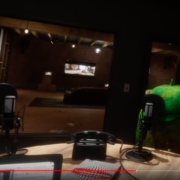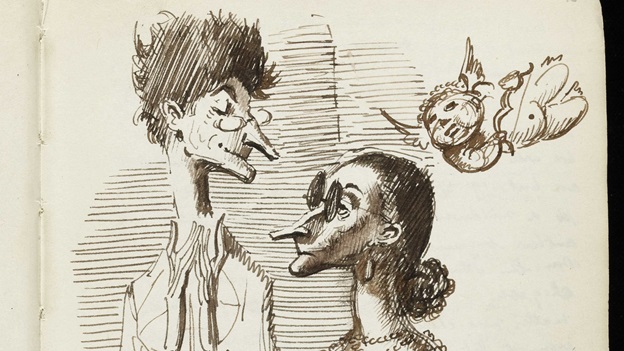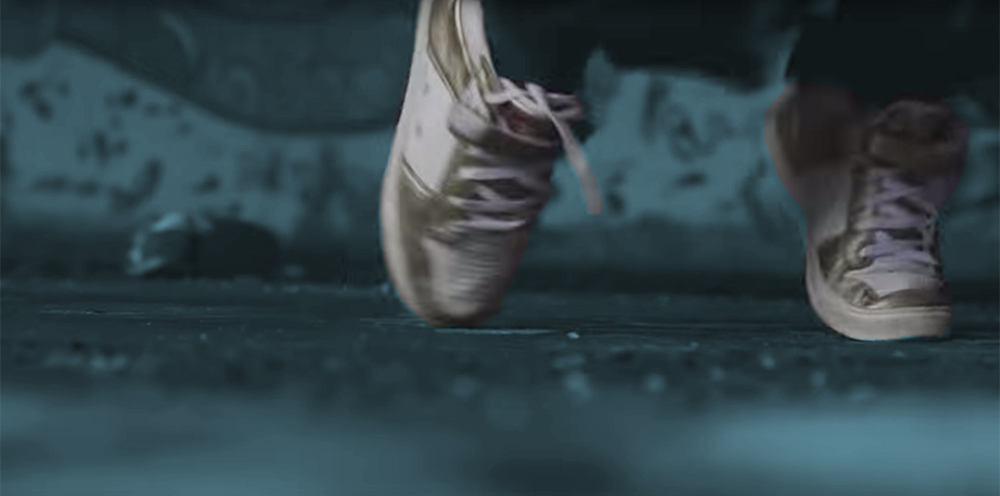
What wisdom can you reach for when the unimaginable happens?
On 6th February my apparently healthy 25-year old son Raphaël collapsed and died. Every week, all over the world, thousands of young lives like his are snatched away by sudden cardiac failure.
Who knew?
Not me.
Before that, I was like most people. I never spent much time thinking about death.
I was aware that losing a child is the worst thing any parent can experience. But although I feared it, I never thought it would happen to me.
Now that my son is dead – and I can’t escape it the fact of it, because I saw his body – I’m thrown into a new world that I must find a way to live in: a world in which my son’s heart no longer beats.
But I’m not alone. I never have been. There are grieving people everywhere: an invisible army of them.
And now, more and more, there are also those who are about to grieve. The corona pandemic will entail many brutal, too-early losses in every corner of the earth. In a few short weeks it has yanked death from the edge of our collective consciousness and set it centre-stage. Grief pushes you to the limits of who you are.
It tests you, and it tests everyone who knows you.
Here, from the front line of my own anguish, is what I’ve learned so far.
Grief’s a shape-shifter. It thumbs its nose at rules.
The psychiatrist and world-renowned doyenne of death Elisabeth Kubler-Ross wrote eloquently about the five stages of grief: denial, anger, bargaining, depression, and acceptance. But they aren’t really stages. They’re uninvited guests that materialize in random order at a party you never planned to hold. They mix, they bring their friends (they all seem to know this guy called guilt), and drift around depleting your resources. If you try to kick them out they just laugh. They’ll leave when they want and come back when it suits them.
Some of my gatecrashers are getting all too familiar. I’ve been intimately acquainted with denial from the moment I got the phone call and insisted: “No, no, no, no, no, it’s not true”. I’ve flirted with bargaining (Does Raphaël have to be dead every day?) and let depression lead me off to a corner for a little chat. Rage has made a few notable, flashy appearances. I don’t expect acceptance – the one guest I’d welcome – to arrive any time soon. But it’s welcome to surprise me.
I’ve been bereaved before, so I should remember how it goes. But this grief, all the crueler for its unexpectedness, is of a whole new order. Its surreality stunned me from the start. Which is perhaps why I often feel a disconcerting blankness for whole hours at a stretch. In the beginning, this numbness bothered me. Why wasn’t I in a puddle of tears on the floor 24 hours a day? Why could I still follow the news, and discuss current affairs? I felt like a faulty specimen of Grieving Motherhood.
The other blessing of denial: there are moments – sometimes hours – when I actually feel pretty OK; and think: well if this is what grief is like, I can handle it. I’ve stopped feeling freakish about these reprieves from my despair. It’s just my psyche, doing what it needs to. It knows my limits. So when I find myself laughing at one of the funny corona videos my cousin sends me as a daily greeting, and feel a nudge of guilt, I remind myself that grieving people need to laugh. They need to laugh more than anyone else. Uncontrollably.
They need to cry uncontrollably too, if their body requires it. There are many scientific theories about why we cry, but my own is that like laughter, crying releases pressure, which in turn brings relief. I’ve found it therapeutic. I dread my crying jags, but I feel better for them. As for Kubler-Ross’ anger phase, I haven’t (yet) felt rage at Raphaël for dying, or at myself or others for not protecting him. Perhaps since his death was both unforeseeable and unavoidable, I’ve had no cause to. I’ve even found solace in telling myself he was only ever going to have 25 years. And that on some level, his body knew it – which is why he achieved so much in the time he had. He lived his life meaningfully, and to the full. Framed like that, what could become anger becomes a kind of gratitude.
But I’m no stranger to rage. I’ve taken bitter enjoyment in listing all the other people who should have died instead of him, and I’ve lashed out at my husband (who else to, in lockdown?) – who to his credit takes it with equanimity and grace. It may seem churlish to mention this, given the tsunami of thoughtfulness, empathy and kindness that has come my way from friends, acquaintances and strangers in all corners of the world.
But as everyone bereaved will tell you, certain friends – and even family members – can shock you to the core.
I’m not talking about those who text you five crying emojis followed by a list of questions – offering nothing, yet blithely assuming you have the energy to enlighten them on your emotional status. Or those who feel free to judge your grief – as if it’s theirs, not yours. (To the person who says “If it was me, I’d never recover,” feel free to ask them how the fuck they think that’s helpful.) No – I’m talking about the hitherto close friend/co-worker/cousin who starts behaving weirdly. Who ghosts you, or backs off at high speed, “not wanting to intrude”, or announces that you’re impossible to deal with, so they’re steering clear – presumably, until you are “yourself again.” Your bereavement is terrifying to these people because on some level they see it as contagious. My sorrowful tip here is this: since you probably have enough magical thinking of your own, spare yourself theirs. You may be sad to lose them, but you are not a beggar.
You will perform other forms of triage. You will reject the conversations, Zoom meetings, and plans for future get-togethers that are part of hygge in the age of Covid, and beyond. Since small talk is an early casualty of grief, much social interaction comes to feel like an irrelevant, pointless waste of time. There will be a long list of things you can no longer be arsed to do. My tip here: Enjoy the freedom.
But cherish those who bring practical or other help – meals, company, poems, shelter, books, jokes, or nuggets of wisdom: those who share what they have learned from their own losses, who keep gently and discreetly checking in on you, but who understand you may not always have the energy to answer. Some of the most generous, sensitive emails I’ve received since Raphaël’s death have been the ones that began, “No need to reply”. Even if you weren’t that close before, these are the people you need, and who you’ll call on, and who’ll be there for you.
Some years ago, a woman I’d met on several occasions lost her son to suicide. I donated to the fund for the funeral costs. But I didn’t write to her because (I argued to myself) we weren’t actual friends, so why clutter her inbox? Worse, the next time I saw her, a year later, I didn’t mention her son’s death because I couldn’t think what to say. Now, I cringe with shame that I didn’t acknowledge her grief. The more so because after Raphaël died, she sent me a short and very moving mail, with a generosity that flooded my heart.
So if you know somebody who has lost a loved one, don’t be the person I was. Words – just about any words – are better than silence. Refusing to offer comfort compounds the pain.
So now, slowly, I’m working through by inbox and thanking those who made the effort to get in touch, because they didn’t have to, and all of them – including those who’ve lost a child – will have struggled to find the right words. There are, of course, no “right words”. This clusterfuck is beyond language. Which is precisely why I’m so grateful they tried to imagine how I’m feeling, even if all they say is “I can’t imagine how what it must be like.” (Side-note: people say this to you a lot, when you have lost a child. My answer so far has been “I can’t imagine it either.” Because I can’t.)
Meanwhile do yourself a favour and concoct and memorize an elegant response to the question “How are you?” Because people will keep asking it. Since it’s a standard form of greeting, they have no idea how such an apparently innocent question can floor you. Or how exhausting it is for you to tell them you are not actually “fine”. And why. So if you know someone who has suffered a recent loss, don’t throw that bomb in their direction. “How has this week/today/the last hour been for you, so far?” is a good alternative. If someone asks me that, they’ll get a coherent answer.
But the most important thing I have learned since getting that life-altering phone call on February 6th is this.
Just because your loved one is dead, it doesn’t mean they’re not alive.
Keep it that way. Continue to engage with them. Talk about them, share memories, photos, videos, funny stories, things they’ve written. Include them in your daily life by imagining their reaction to new developments in the world.
In this era of coronavirus, I do this daily. Raphaël was a wildlife biologist and climate activist who campaigned passionately for the protection of other species and their habitats. At the time of his death, he and other members of Extinction Rebellion were awaiting trial for vandalizing the Brazilian embassy in London, in protest at Jair Bolsonaro’s trashing of the Amazon. If my son were alive today, I know he’d see Covid 19 – which arose from the human appropriation of wild spaces – as a vital wake-up call. And he’d be energetically speculating how best to frame this moment as an essential paradigm shift: an opportunity for radically re-framing our relationship to the wild. I’m proud of the astonishing amount he achieved in such a short life. But I also allow myself to be proud of everything that those he inspired will go on to do, with his spirit in mind. In keeping him vividly alive inside us, my son – and his mission – will always have a voice.
Lastly, I find that private rituals provide enormous solace. Every day I lie on the sofa in front of a small wooden box containing Raphaël’s ashes and I conjure his presence. I know it’s going to hurt but it’s a way of spending time with him.
Quality time? Yes, in the absence of any other kind of time I can spend with him, let’s call it that.
I listen to the song we played at his cremation. I look at photos or videos of him. I hold his baby-blanket, or stroke a lock of the beautiful long red hair that he cut short days before he died. I smell the cake of Lush shampoo he gave me.
Sometimes we have a little conversation. Sometimes I just put my arms around myself and feel his hug, and hear him saying Mama.
And I say baby.
And I cry.
Will it get better? I don’t know. Ask me on my deathbed.
I know it has to. But I don’t just hope it will. I commit to it.
Because there is power in commitment. Commitment, when active, has a force like no other. It changes worlds.
Every day, my son tells me that.
And every day, I listen.
Like No-One’s Watching” – performed, filmed and edited by Raphaël Coleman a.k.a Iggy Fox.

